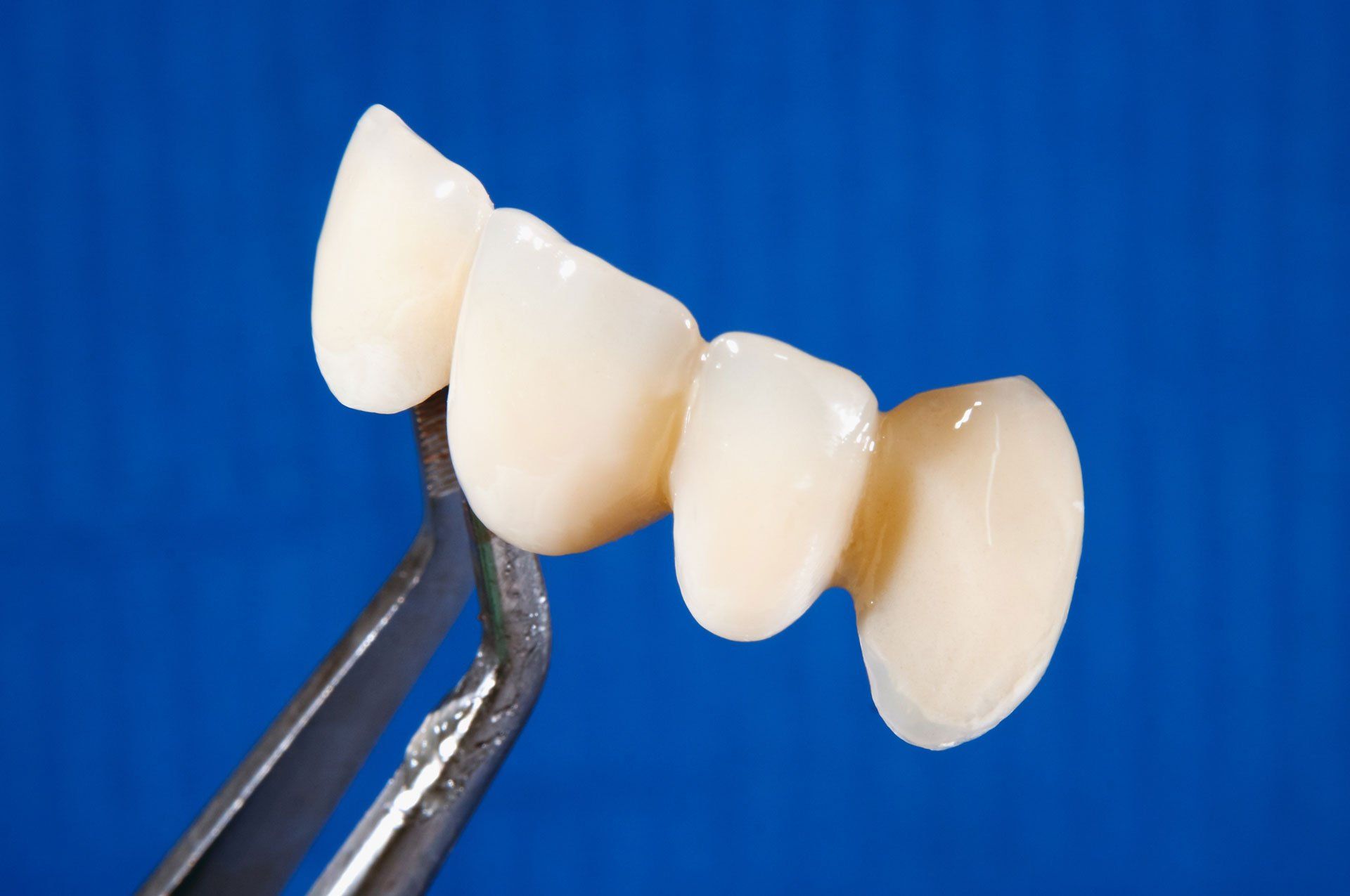Dental problems are common, and while many can be treated with fillings, some teeth may need to be pulled. Tooth extraction is common, but you still may wonder how it will affect you. If you would like to learn more, check out these commonly asked questions about tooth extraction.
Is There an Alternative to Extraction?
Teeth may need extracting for many reasons, including trauma, decay, infection, or irritation to other teeth. However, you may wonder if you have any alternatives to extraction. In some cases, you do.
For example, if you have a tooth infection, the dentist may avoid a tooth extraction with a root canal treatment. During root canal treatment, the tooth's pulp is removed by drilling a hole through the tooth's crown. If root canal treatment won't work, an apicoectomy may be necessary. During this procedure, the dentist removes the tooth's pulp via the gums and tooth roots instead of the tooth's crown.
In cases in which the tooth is broken, the amount of lost tooth tissue and the location of the tooth may allow for a post and core buildup procedure. With this procedure, a post goes in the tooth, the dentist rebuilds the tooth's crown around this post, and finally, the dentist caps it with a crown.
If these procedures are not done correctly, however, a chance of failure is possible. If the dentist doesn't use a dental crown to strengthen the tooth, a good chance of failure may also be possible. Finally, if the tooth has been broken at the gum line or is in the back of the mouth, a post and core build-up may fail.
What Is Simple vs. Surgical Extraction?
If you do choose extraction or alternatives have failed, you may need simple or surgical extraction. Simple extraction occurs when the tooth's crown is above the gum line. The dentist uses a lifter or elevator to loosen the ligaments that hold the teeth in the gum line. Forceps then remove the freed tooth from the gums.
If the tooth's crown is under the gum line, surgical extraction is necessary to access the tooth. Similarly, if the tooth has broken at the gum line, surgical extraction may be necessary. During surgical extraction, a cut is made in the gums to access the tooth.
How Long Must You Wait Before Using Dentures?
After extraction, the area will be tender, and you may bleed for up to 24 hours. A blood clot starts to form, and dislodging this clot leads to a condition called dry socket, which presents with excruciating pain that the dentist office must treat.
The blood clot forms within the first 48 hours, so these are some of the most crucial hours. During these first 48 hours, leave gauze in the mouth, rest, don't use a straw, don't spit, avoid alcohol, stick with colder beverages, and don't smoke.
Once the blood clot forms, it needs to fully heal and solidify into new gum tissue. During this time, you no longer need to worry about dislodging the clot, but you should focus on helping your gums heal. You can do this with a saline rinse, continue brushing, and eating soft foods.
When all is said and done, you need about six to eight weeks for your gums to fully heal after an extraction. Only then should you start using your dentures. Immediate dentures are an option, but after tooth extraction, your jawbone will shrink. Therefore, if you get your dentures immediately, you may need to reline them in the near future as your jaw shrinks.
If your dentist has recommended tooth extraction, don't worry. It is a common and routine procedure that can often be performed without any incisions. Recovery time is relatively fast, but the first 48 hours are important for the health of your gums. If you would like to learn more, or if you are ready to schedule your extraction,
contact
Affordable Denture Clinic today.







